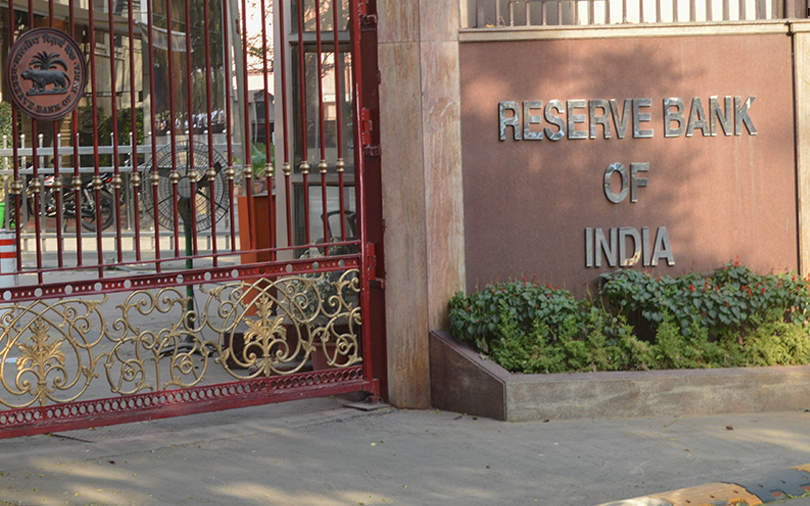
RBI looms large this week, with its digital payments agenda


The Reserve Bank of India (RBI) dominated the policy space this week, releasing a report that benchmarked India’s digital payments system against 20 other countries’, and removing charges levied on transactions done through Real Time Gross Settlement (RTGS) and National Electronic Funds Transfer (NEFT).
Moreover, Ravi Shankar Prasad, after becoming the new telecom minister, said that the government will conduct the next spectrum sale in the current calendar year, which will also see the auction of 5G (fifth-generation) airwaves. He added that 5G trials would be carried out within 100 days.
Separately, the re-elected Modi government retained almost all members of the central government’s top policy think tank NITI Aayog, barring Bibek Debroy, who headed the economic advisory council of the prime minister. NITI Aayog, which appointed Rajiv Kumar as vice-chairperson, has four Cabinet ministers, including home minister Amit Shah, as its ex-officio members. Ex officio means by virtue of one’s position or status.

Suggestions on growing digital payments
A five-member committee headed by Infosys cofounder Nandan Nilekani appointed by RBI submitted its report on mid-term measures to grow digital payments tenfold by 2021.
The report suggests light-touch regulations for encouraging digital payments. Among its many recommendations, the panel suggested the RBI should set up a standing committee to review Merchant Discount Rate or MDR charged for processing debit and credit card transactions. The MDR and interchange fee, it said, should be revised periodically by the committee to create a level playing field.

Digital payments benchmark report
The RBI also released a report benchmarking India’s digital payments system against 20 other countries’ for the period of 2012-2017. The indicators included 41 broad areas, benchmarking payment systems across advanced economies as well as BRICS nations and Asian economies.
In the report, India emerged as a leader on parameters of regulation and availability of alternative payment systems, but lagged behind others in digital utility payments.

